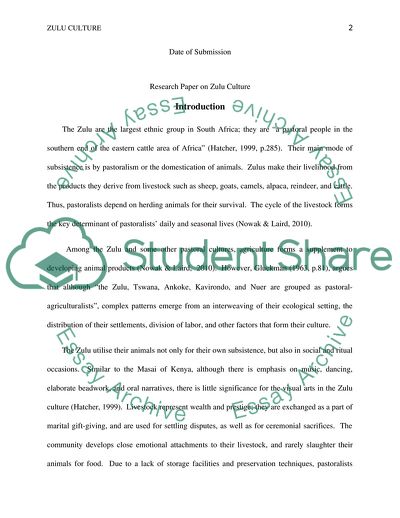Cite this document
(The Zulu Culture Research Paper Example | Topics and Well Written Essays - 2000 words - 1, n.d.)
The Zulu Culture Research Paper Example | Topics and Well Written Essays - 2000 words - 1. https://studentshare.org/anthropology/1794790-research-paper
The Zulu Culture Research Paper Example | Topics and Well Written Essays - 2000 words - 1. https://studentshare.org/anthropology/1794790-research-paper
(The Zulu Culture Research Paper Example | Topics and Well Written Essays - 2000 Words - 1)
The Zulu Culture Research Paper Example | Topics and Well Written Essays - 2000 Words - 1. https://studentshare.org/anthropology/1794790-research-paper.
The Zulu Culture Research Paper Example | Topics and Well Written Essays - 2000 Words - 1. https://studentshare.org/anthropology/1794790-research-paper.
“The Zulu Culture Research Paper Example | Topics and Well Written Essays - 2000 Words - 1”. https://studentshare.org/anthropology/1794790-research-paper.


